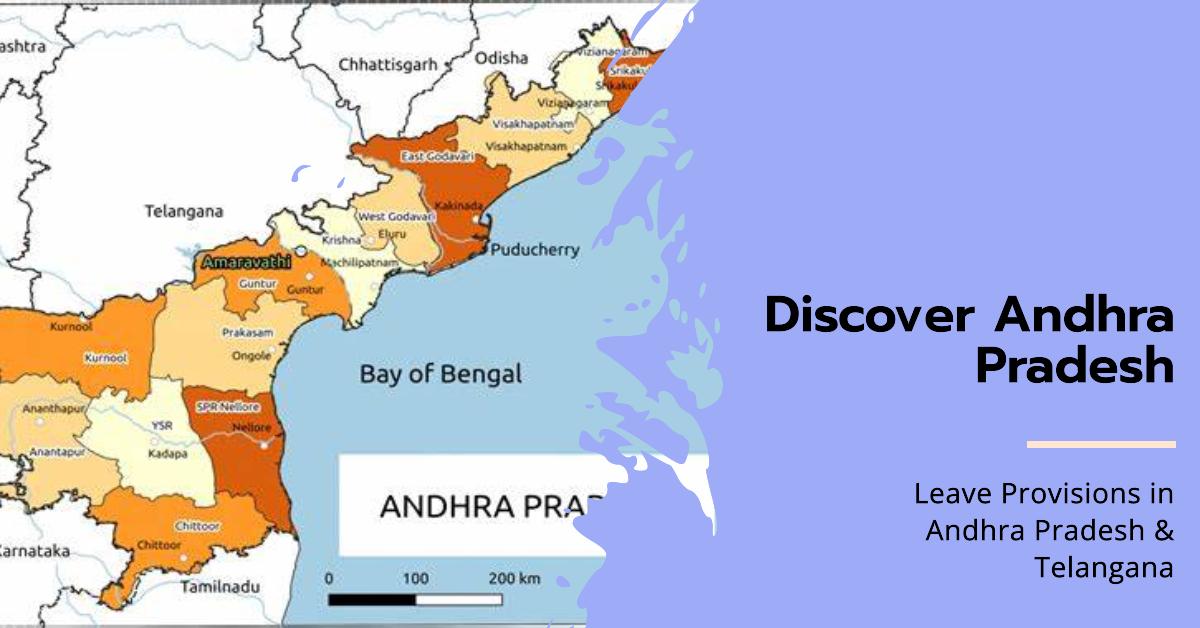Tag: Employee Benefits
-

New Gratuity Rules 2025: Major Changes That Will Impact Millions of Workers – Complete Guide
The Indian government has implemented significant amendments to the Payment of Gratuity Act, 1972, effective in 2025. These changes will impact millions of salaried workers across the country, particularly those in non-traditional employment arrangements. The revised rules introduce stricter eligibility criteria and clearer definitions that could exclude several categories of workers from receiving gratuity benefits.…
-

The 8th Central Pay Commission: Key Developments and Expectations
On January 16, 2025, the Union Cabinet approved the formation of the 8th Central Pay Commission for central government employees in India. This commission will play a crucial role in revising the salaries, allowances, and pension structures for government employees and pensioners. Its recommendations are expected to be implemented by January 1, 2026. The approval…
-

Understanding Different Types of Leaves in Andhra Pradesh Service Rules
Employees in government service are entitled to various types of leaves to ensure their well-being and work-life balance. The Andhra Pradesh Service Rules provide comprehensive guidelines for availing these leaves, each tailored to specific needs. Here’s a detailed overview of the different types of leaves available: 1. Casual Leave (CL) Casual Leave is designed for…
-

Understanding the Payment of Gratuity Act: Key Provisions and Implications in India
The Payment of Gratuity Act is a crucial piece of legislation in India, designed to ensure that employees receive a financial benefit when their employment ends under certain conditions. Here’s a comprehensive overview of its key provisions and implications for employers and employees. Controlling Authority and Gratuity Payment The Act mandates appointing a controlling authority…
-

Difference between Regular NPS and NPS for Government Employees
The National Pension System (NPS) is a voluntary, long-term retirement savings scheme in India, but there are key differences between the regular NPS and the NPS specifically for government employees: 1. Mandatory Participation 2. Contribution Rates 3. Investment Choices 4. Gratuity and Other Benefits 5. Withdrawal Rules 6. Regulatory Framework 7. OM References and Benefits…
-
Revision of Dearness Allowance Rates for Central Government Employees Effective from 01.07.2024
In a significant update for Central Government employees, the Department has issued an Office Memorandum confirming the revision of Dearness Allowance (DA) rates. Effective from July 1, 2024, the DA will increase from 50% to 53% of the Basic Pay. This adjustment is aimed at providing additional financial support to employees amid rising living costs.…
-
Tamil Nadu Government Hikes 3% DA for State Employees from July 2024
The Tamil Nadu government has announced a significant increase in the Dearness Allowance (DA) for state government employees and pensioners, effective from July 1, 2024. This 3% hike, raising the DA from 50% to 53%, comes as part of the government’s efforts to mitigate the impact of inflation and the rising cost of living. Key…
-

Half Pay Leave Rules for Andhra Pradesh & Telangana Government Employees
Half Pay Leave (HPL) is an important leave category for government employees, designed to provide financial support during medical or personal emergencies. Here’s an overview of the key provisions regarding HPL. Authority and Eligibility The framework governing Half Pay Leave is stipulated in the A.P. Leave Rules of 1933, specifically in Rules 13-15, 18, 23,…